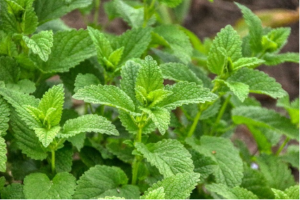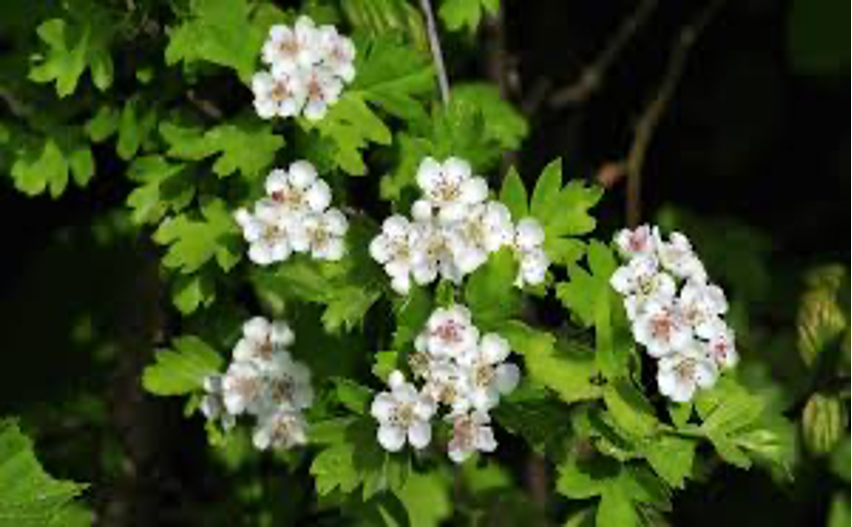
Working through grief, sadness and low mood
Plants that can support the emotions and mind
—– Carol thorogood Medical Herbalist
Grief and the experience of loss has been at the forefront of recent news. Grief can be thought of as praise for something or someone that we have lost, and most of us will experience this during our lives. It may be experienced as a feeling of sadness, loneliness and even physical pain – literally heartache. Healing from grief takes time, we need to feel the emotions, recognise that they have come from a state of love and move to a position of acceptance and strength. Plant medicine can help us do this.
While the effects of pharmaceutical medicines such as anti-depressants are well known, they do have side effects and may not be appropriate for treatment of mild depression. You may be surprised to know that healing plants can help with emotional resilience and recovery. Plant medicines can do this in a number of ways, by nourishing and rebuilding the nervous system; by regulating our hormones which are the chemical messengers in the body; by supporting the tissues responsible for hormone production. e.g., the hypothalamus pituitary and adrenal glands which govern our response to stress.
Herbs for grief and depression
 |
Rose (Rosa damascena) it is a relaxing and uplifting plant medicine. For grief and trauma, it helps release pent up emotions and helps a person come to terms with a difficult situation.
Hawthorn (Crataegus spp.) is a valuable herb for the physical heart, for arrhythmia and for the blood vessels, improving the circulation and oxygenation of tissues. We also give hawthorn for the emotional heart, to ease sadness and restore emotional strength.
Lavender (Lavendula officinalis) works to calm strong emotions and help us stay ‘in the moment’. In addition to having a wonderful perfume it is a bitter herb and bitters bring us back to earth. Just smelling the essential oil can ground and calm us if we start to feel panic. |
St. John’s Wort (Hypericum perforatum Well researched and effective for depression, it is known as sunshine in a bottle. Herbalists call it a nerve trophorestorative which means it tones and restores the nerves. It also speeds up detoxification which means it can’t be taken with certain medication (consult your herbalist first).
Lemon Balm (Melissa officinalis) one of my favourites! It smells gorgeous, makes a lovely tea, is easy to grow and brings back a sense of our inner child. John Evelyn a 17th century herbalist said “Lemon Balm comforts the heart and driveth away melancholy and sadness. |
| Lemon balm (Melissa officinalis) | ||
| Many of these are flowers, which are particularly useful for emotional healing. |
